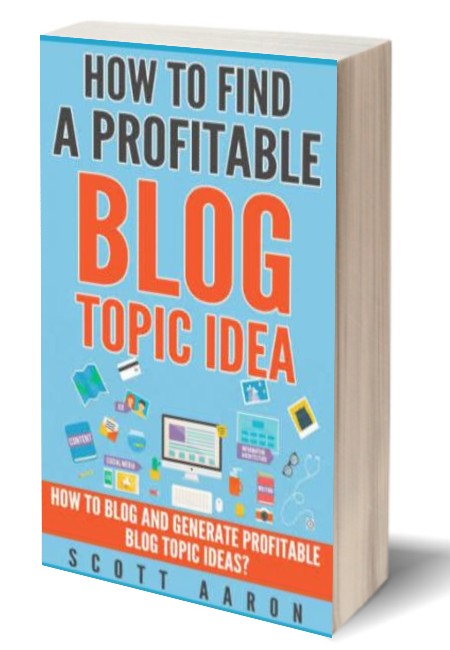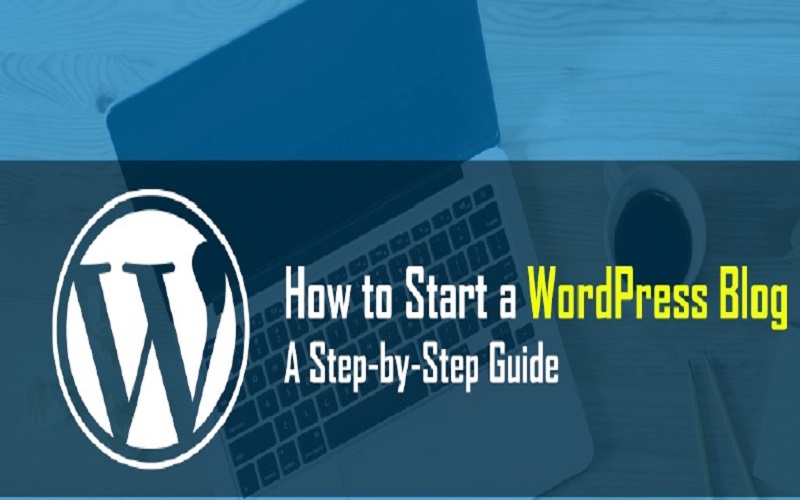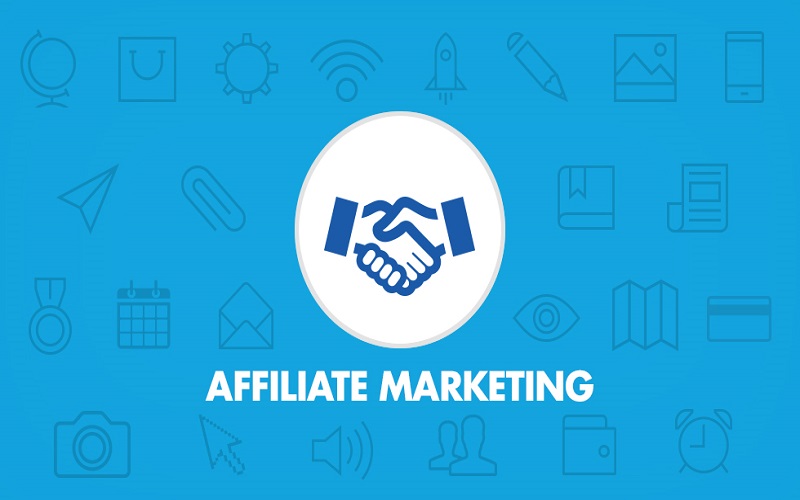Introduction to Blogging
The history of computers and related technologies played a vital role in the emergence of e-businesses that brought new dimensions to the traditional “brick and mortar” way of doing business in the early 1990’s.
It follows a very logical sequence, of course, that is not difficult to comprehend considering the speed with which the computers could be used to add, sort, analyse and process all sorts of information and data with just a few keystrokes. It was a boon for any business, big or small.
In the late 1990’s, the Internet transformed the business world drastically replacing dusty old ledgers with modern computer networks that connected millions of businesses worldwide and helped in the transaction of billions of dollars across fibre optic cables.
The Power of Blogs
In the early days, the blogs were nothing but a form of a personal diary or journal that was easy to maintain and log daily. This was made possible due to the fact that the blogging platforms were freely available with free hosting and domain facilities, creating a blog was easy, and did not require any special technical skill or knowledge to post content.
Therefore, anyone could open as many blogs as they wished, using the free templates provided, and maintain them very easily. It was a breeze to post content of any kind without too many hassles.
As the Internet evolved, so did the blog; making it a very powerful medium through which you could get your voice heard. Any individual could express strong opinions, suggestions and even provide useful up-to-date information through blogs. Even more attractive feature of a blog was the fact that one could interact directly with its readers in the form of comments that could be posted below the posts.
Blogs were an easy way to target specific audiences and also could be optimised, by virtue of the content posted, for it to be found on search engines. Another advantage of the blogs was that it was a comprehensive service, which offered a variety of tools and gadgets that made it versatile and user friendly.
Obviously, it did not take long for businesses to appreciate the full potential of a blog in attracting customers to its site and also providing a great platform to communicate with them directly. Some of the big business companies like Google realised this power, importance and effectiveness of the blog and incorporated it into their business strategy very effectively.
These companies have shown how a blog can be used for different purposes like marketing, educating, community building, public relations, customer feedback and announcements etc.
1.1 What is a Blog?
A Blog is a contraction of the term ‘Web Log’. A log, as we all know, is the written record of events/messages in a chronological order. It is like a journal or diary wherein people record events, experiences and observations.
Therefore, we can describe a “blog” as a journal, which is available on the web. Technically, a blog can be defined as the chronological arrangement of a collection of text, data, images and other media objects recorded and retrievable through a web browser.
Originally, blogs started out as static websites but over the years they gradually evolved to include many advanced features making them much more conversational and interactive in nature.
1.2 Classification of Blogs
Since blogs have been used in every conceivable way over the years and have covered almost all topics under the sun it is very difficult to categorize each one of them by type, therefore it’s best to classify them instead. Blogs can be classified in one of the following ways: –
- By Genre: Blogs that focus on a particular niche or subject are grouped under this category. Some examples are: Political Blogs, Celebrity Blogs, Art Blogs, Music Blogs, Sports Blogs or Travel Blogs etc.
- By Media Type: Blogs can contain any kind of content other than simple text in its post, like photographs, videos, audio files or even games and therefore they can be grouped according to the specific media content present in the blogs. Using this form of classification, a blog that contains primarily videos is called a “Vlog”, blog that contains photos is called a “Photolog” and a blog containing links to other web pages is called a “Linklog”.
- By Status of Publisher: Here the word “publisher” refers to the blogger. Therefore blogs can be grouped according to its purpose as defined by the blogger as “Personal Blogs”, “Business Blogs”, “Corporate / Organizational Blogs” etc.
1.3 Who Can Blog
Well, anyone can start a blog at anytime. However, the idea is not just to start a blog and leave it at that but to be able to sustain it, and be read too. To become a serious blogger, there are certain things that one needs to know before a blog is started.
Blogging involves extensive writing and so be sure that you have enough time to spare to be able to keep up with regular postings on your blog. You can write anything that fancies your imagination or interests. Usually blogs are written in an informal tone, especially if they are personal blogs, however, if they are for business or official purposes, then the writing has to be of a higher quality and sound professional. The quality of the content on your blogs will determine the kind of traffic it will draw.
Knowledge and passion for writing are both important factors. It is always better to write about topics that you have knowledge of and are passionate about as it is reflected in your writing. Even the most seasoned writers find it difficult to write on topics that they have no knowledge about. Be passionate about writing if you want it to be a long haul, otherwise you will find yourself slipping away after a few months.
Maintaining a blog is a long-term activity that can be quite time consuming.
To be a successful blogger requires a lot of consistency, hard work and commitment on your part. Many blogs that have been started in full earnest fall by the wayside just because people cannot stick to the schedules they have set for themselves.
Writing new articles or posts requires a lot of research to be done unless of course, you are a specialist in your field and know exactly what you are writing about. A lot of time is also required to promote your blog and individual posts in order to get traffic.
But, all said and done, just about anyone can start a blog and there is no special qualification or experience needed.
Useful Resources - Grab a Copy
Immutable laws of blogging
Whether you just started that blog or you’ve had it for some time now, I want to cover the five immutable laws of blogging. If you pay attention to these laws, you’ll succeed over time. Ignore them, and you’ll find it nearly impossible to drive any respectable amount of traffic and ultimately monetize your blog.
1. Focus
Blogs need focus. You need to have a specific industry, niche or topic that you write about repeatedly. Try not to go all over the map. You’ll find that veering off on tangents will make you lose your core audience.
People want to visit a blog — and keep revisiting it — because it fills a need or a void. That happens by staying focused and on-topic.
2. Quality
People think that blogging is about pushing out an enormous amount of content. But it doesn’t work if it’s thin content. Your content needs to be quality content. It needs to be thorough, well-written and cite its sources.
If a study is referenced, it needs to be linked to. Don’t skimp on quality if you’re serious about monetizing your blog.
3. Value
Your blog needs to deliver value. What can you teach other people about? What are you an expert at? Take the time to deliver value. Create thorough tutorials and informative posts that interweave things like videos and other media to truly help people understand or figure something out.
Value is a precursor to income in any industry, but especially in blogging.
4. Engagement
How engaging is your content? Does your blog incite people to spend a lot of time reading articles, watching videos or messaging on a forum, for example? The more people engage with your content, the more likely they’ll be to purchase something from you. Without engagement, there’s very little chance of monetization.
5. Authority
How much authority do you have? How well-known are you in your field? The more authority you have, the more likely you can monetize your blog quickly.
For example, if you have a large social media following and you decide to launch a blog, you can drive traffic quickly.
If you’re an expert at something else or a best-selling author, for example, you already have authority, all you need to do is leverage it.
Starting a Blog in Kenya.
1. Identify your area of interest
You should always write about what you know. But you should not write about everything you know. Select a niche. Decide upon the main topic and write posts related to that topic. It’s more likely that your audience will come back and read your other posts if you’re writing about similar topics. People will know what to expect.
Starting a financial coach blog implies that you write about all things concerning money and finance stuff. Starting a travel blog implies you write about traveling. You can write about something slightly off topic once in a while of course, but try to stick to your niche. An audience of a travel blog doesn’t expect a blog post about gardening.
2. Purchase a domain and choose a blogging platform
Creating your own personal blog takes a few steps. First, you need to decide on a name for your blog also called a domain name, and choose a blogging platform.
Read More: How to Create a WordPress Blog
3. Do your Keyword Research
Once you’ve chosen your niche and setup your blog, you should do some solid keyword research. Try to find out what people are searching for. What words are they using when they want to read about your niche and your topic? You should really get inside the heads of your potential audience. If you do your keyword research properly, you should end up with a long list of keywords you would like to be found for. Try to come up with competitive, head keywords as well as with less competitive long-tail keywords.
4. Write Your First Post
Take some time to do keyword research and to think about site structure. But don’t take too much time. Just write that first post! Put pen to paper and just do it. Your blog starts with the very first post. That post doesn’t have to be perfect; it just has to be published.
Read More: How to Choose the best Topic for your Blog
5. Optimize for Search Engines
As you write your first post, create an awesome SEO title and a decent meta description. Finetune your text. Make sure your text is both readable as well as SEO-friendly.
Read More: Search Engine Optimization
6. Promote your Blog
Using social media is the best way to reach and grow the audience of your blog. That’s why your blog should have a Facebook page. Sharing your posts on Facebook is a good marketing strategy. Don’t forget Instagram and Twitter either!
Read More: 10 Proven Ways to Monetize Your Blog










